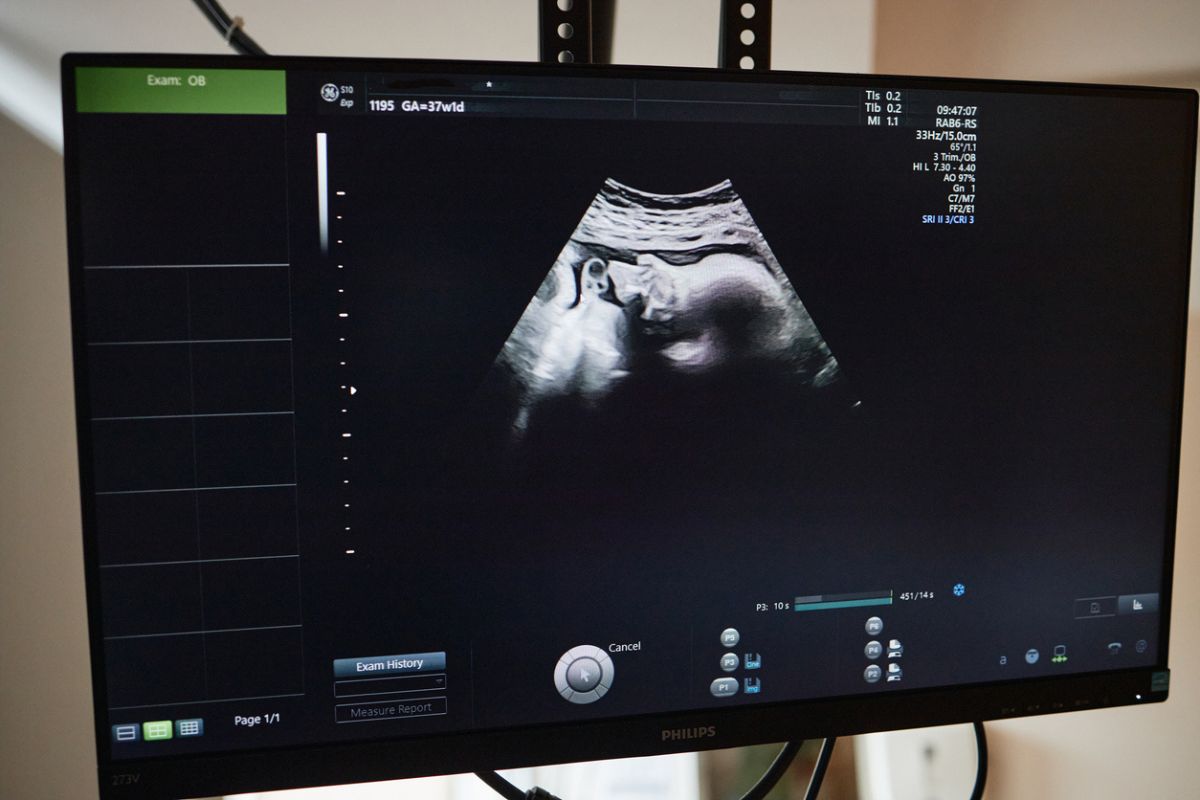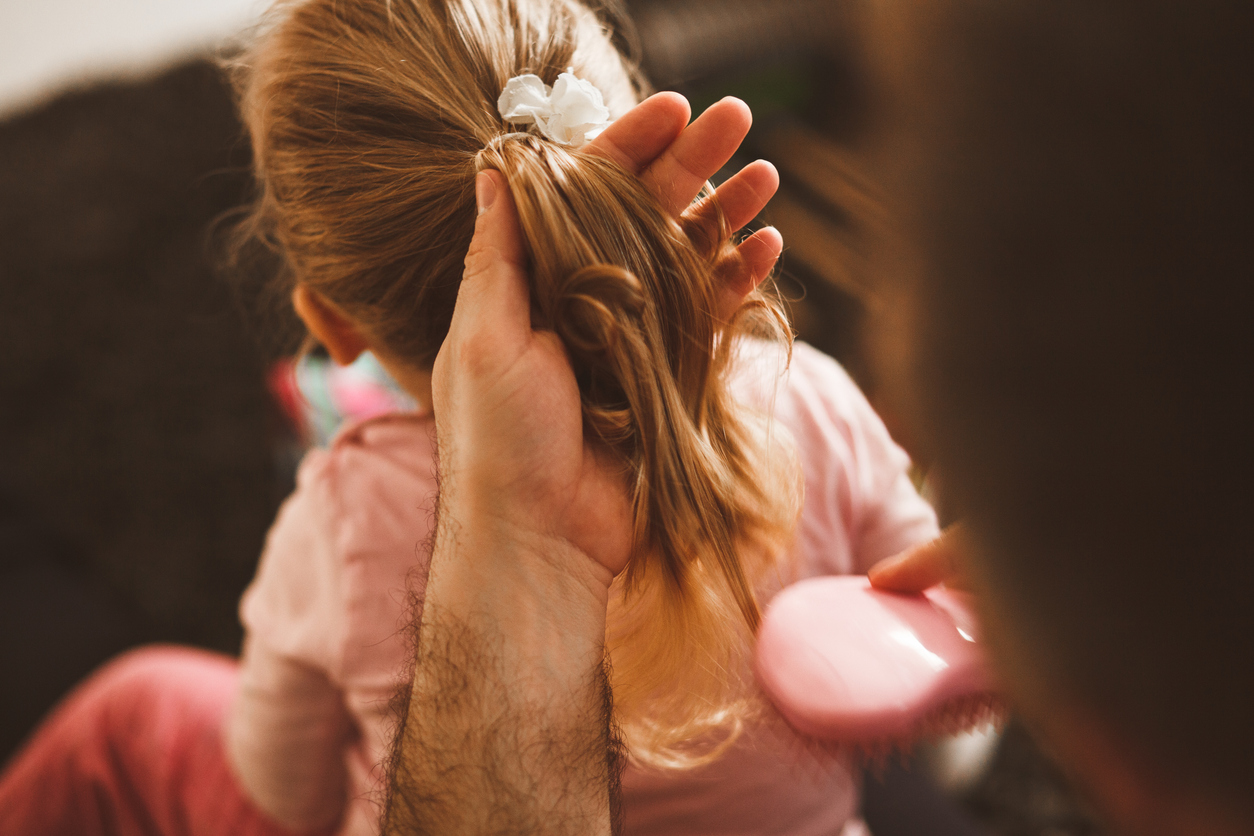Nearly 60 percent of adult Americans have had some kind of encounter with gun violence. And more than 40 percent of those say it has left them traumatized.
Beyond Measure, a comprehensive new report conducted by Everytown Research & Policy, compiled responses from three months worth of focus groups with 103 gun violence survivors. Participants came from diverse backgrounds including bereaved parents, students, and those in minority populations. Forty of them said that they had experienced more than one incident.
Focus group volunteers were asked questions about the psychological consequences of what they had witnessed, as well as the ripple effects that spread out to their families and beyond. “We hope to honor the power of the voices of gun violence survivors by elevating their experiences, their stories, and their journeys,” the authors wrote.
The goal of the project was to explore the layers of harm gun violence has on individuals and communities, said Tannuja Rozario, the associate director of research at Everytown for Gun Safety in an interview with Psychiatrist.com.
“Importantly, we wrote this report to honor and center the experiences of survivors across the nation with diverse identities such as bereaved parents, students over the age of 18, Latinx and Black communities, and LGBTQ+ people, [as] many of these communities are disproportionately impacted by gun violence,” she said.
The Report’s Key Findings
Immediately after witnessing gun violence, many of the survivors said that they felt numb and were in disbelief. Most talked to their loved ones right away and had a strong sense of wanting to protect them from harm. Many sought therapy or relied on their faith and spirituality to help sort out their feelings. Nearly half of survivors said they needed support, services, or assistance for at least six months to cope.
“We know that there are short and long term impacts after a traumatic event, such as gun violence, but what was interesting is the immeasurability of trauma,” Rozario said. “We found that the trauma after an incident of gun violence extends beyond victims and survivors to their families, communities, and extends to survivors across the nation with similar experiences and people with shared identities.”
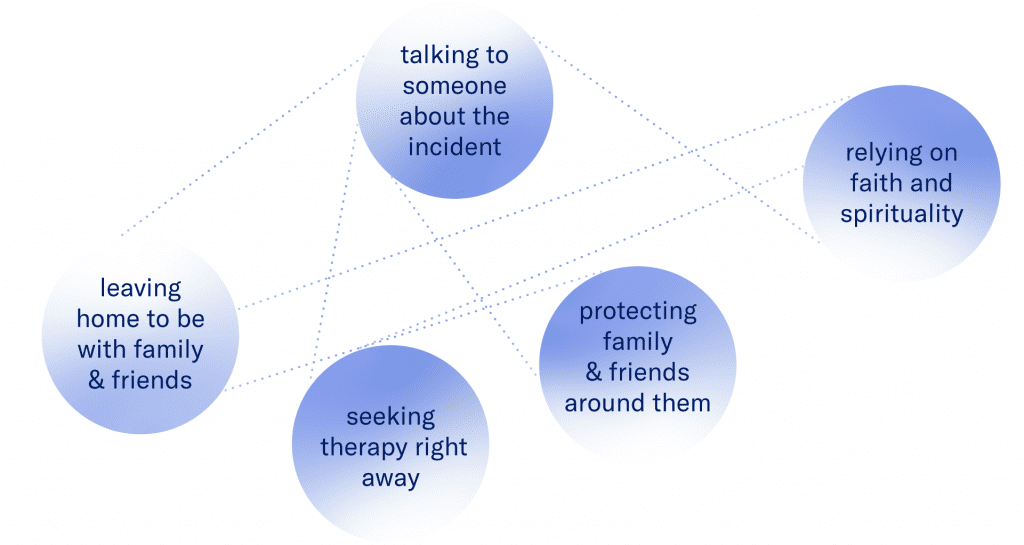
One-third of survivors reported that they live in fear after “the moment that changed everything.” But responses were nuanced. For example, hate crime victims were more likely to say they lacked a sense of safety, while school shooting victims were more likely to be hypervigilant.
The 18 percent of participants who were survivors of intimate partner violence were the most likely to uproot their lives in some way to regain a sense of safety.
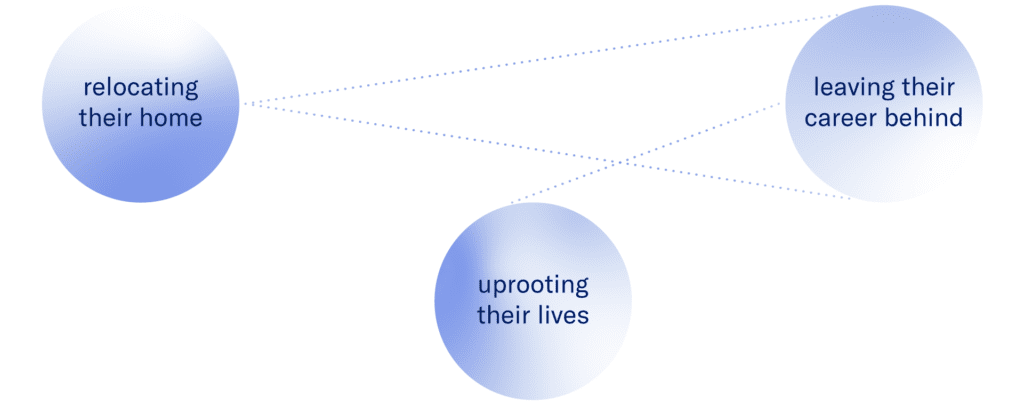
One little understood effect of gun violence is its collective impact on the community at large. It permeates through social and interpersonal systems, creating lasting effects, the report found. Minority communities, in particular, bear a disproportionate burden from gun violence. Black and Latinx survivors reported getting less attention yet more blame from law enforcement. They also said law enforcement agents often expressed disbelief and persistently questioned the validity of their experiences.
“This lack of justice is compounded with experiences of trauma from gun violence, creating communities that have difficulty to cope with trauma not just years, but lifetimes,” Rozario said.
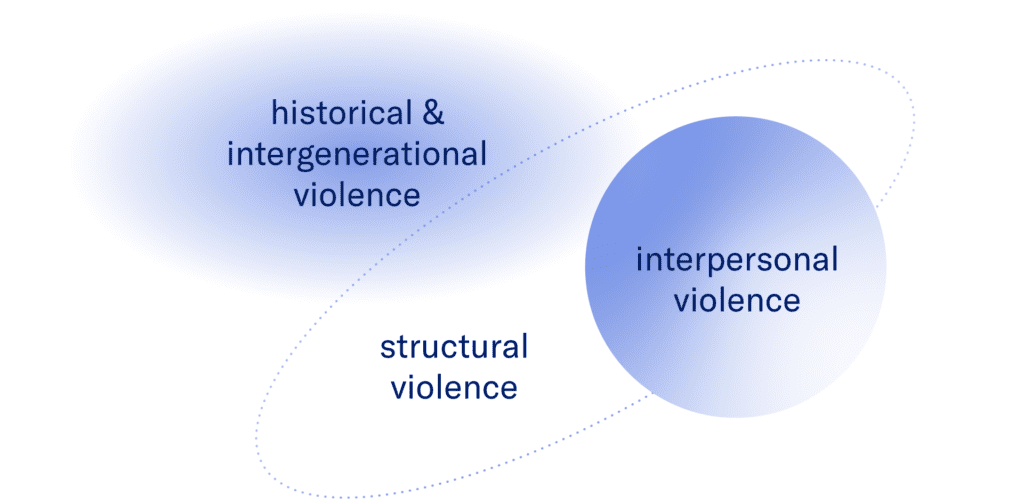
Survivors describe themselves as “being in the ripple” when a family member died by gun. With nearly 4,000 children and teens killed, and 15,000 more wounded by guns every year, they lament the generational loss.
“These family members are raising the grandchildren of a missing generation who died by gun violence,” Rozario commented. “Bereaved parents also discussed their children who died by gun homicide with concerns about the generational loss for youth in the United States.”
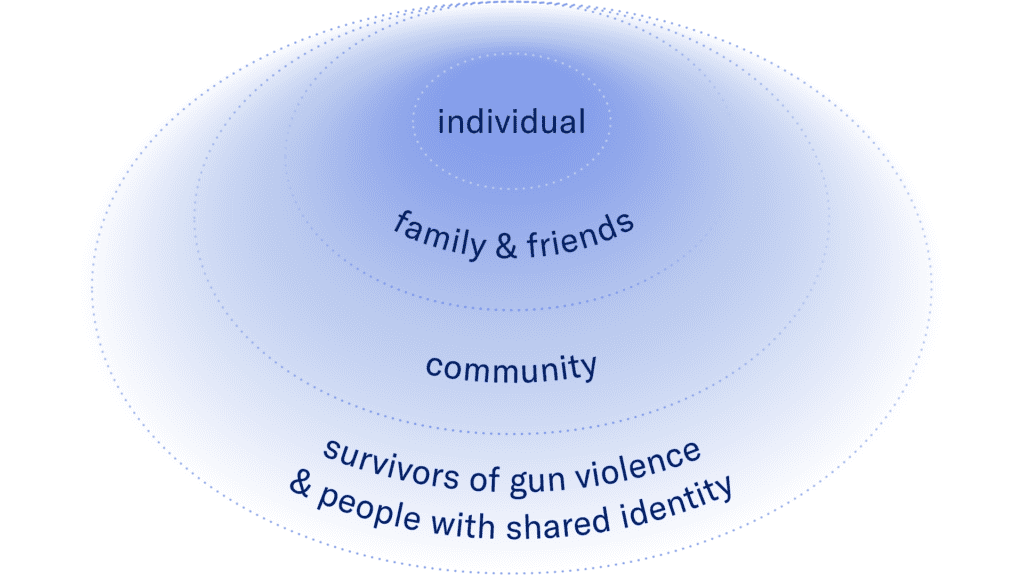
Researchers have coined the term “post-traumatic growth” (PTG) to describe the positive changes some people realize after a trauma. It may seem like a paradox, but nearly half of the focus group members reported feeling stronger and gaining confidence. Many said they gained a sense of self-reliance and self-assurance. Some survivors developed a deeper appreciation and gratitude for life. Rozario also expressed hope.
“After their experiences of gun violence, many survivors in the focus groups became involved in the gun violence prevention movement. Many have joined peer support networks like the Everytown Survivor Network to empower and support other survivors of gun violence. They are on the frontlines interrupting cycles of violence, while on their own healing journey,” she said.

